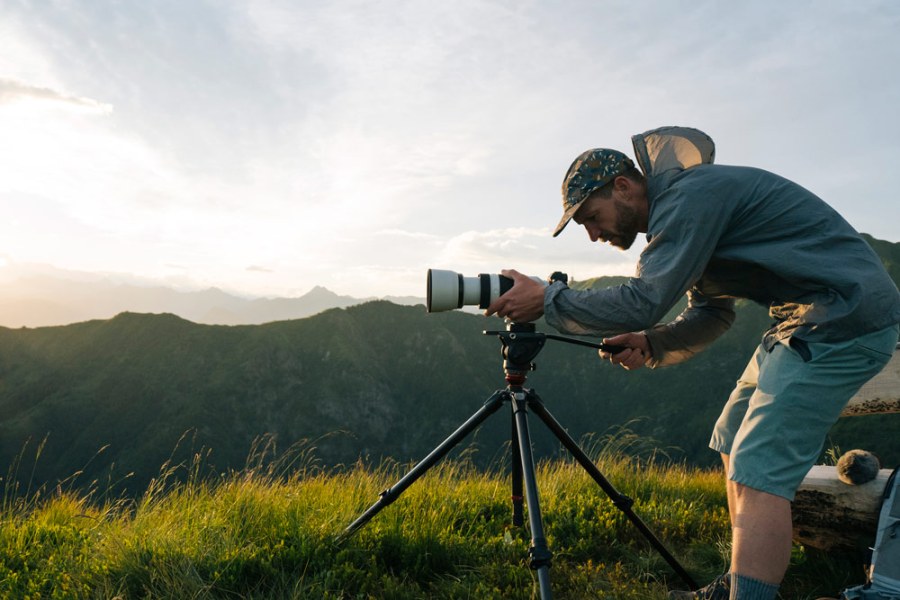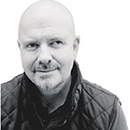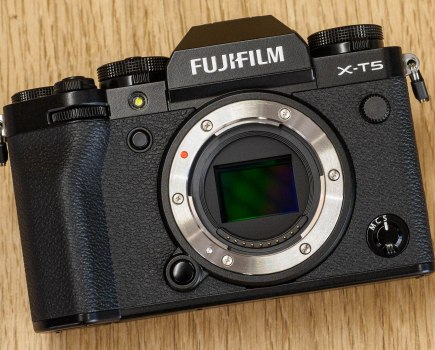When you think about it, photography, at the amateur – or enthusiast – level is a funny kind of hobby. With smartphones so good now, we don’t even need to buy a separate camera, and most of the photos we take don’t earn us fame or fortune.
So why are so many enthusiast photographers still so passionate? I think many of us have realised ‘it’s not about the camera,’ to paraphrase the famous book by the cyclist Lance Armstrong.
This is a tricky and controversial comparison, as Armstrong’s reputation has been tarnished by the revelations of his extensive doping, but nobody can deny his courage and grit when dealing with a cancer diagnosis that would send most of us into a downward spiral.
Armstrong chose the title ‘It’s Not About the Bike’ for his autobiography as what mattered to him were his personal struggles and the benefits that cycling brought, not his fancy bike or trophies (I still believe this is true, even though he went over to the dark side to get many of these trophies).
Leaving Lance Armstrong aside, I think it’s a similar story for many photographers. What matters is not so much the final image but the many benefits they’ve gained from being photographers. There’s the satisfaction of learning new skills and sticking with it when the going gets tough. Then there are the ‘connections’ you make from being a photographer.
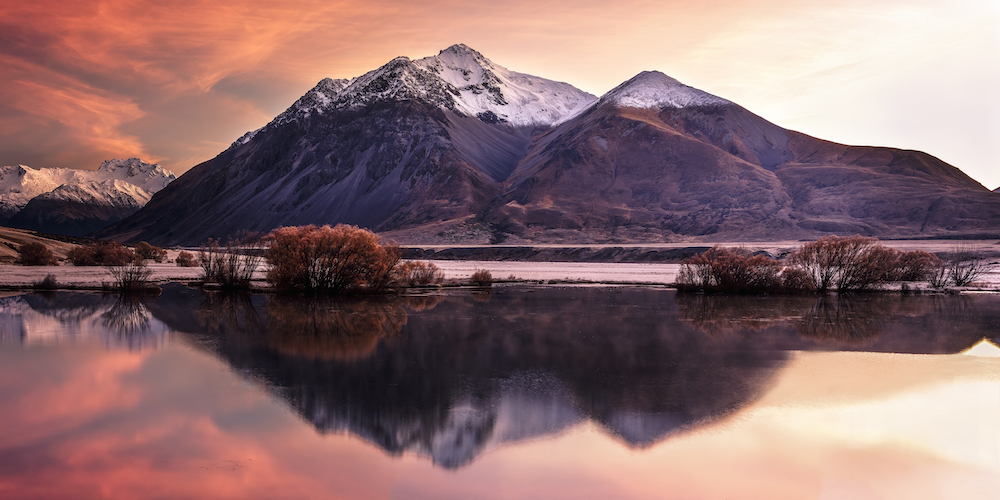
As I get older, these become more important to me. The friendships with you make with other photographers. The interesting people you meet in a foreign country because you are up early taking photos while most tourists are still asleep, or through going off the beaten track with your camera. The benefits you get from being part of a photographic community.
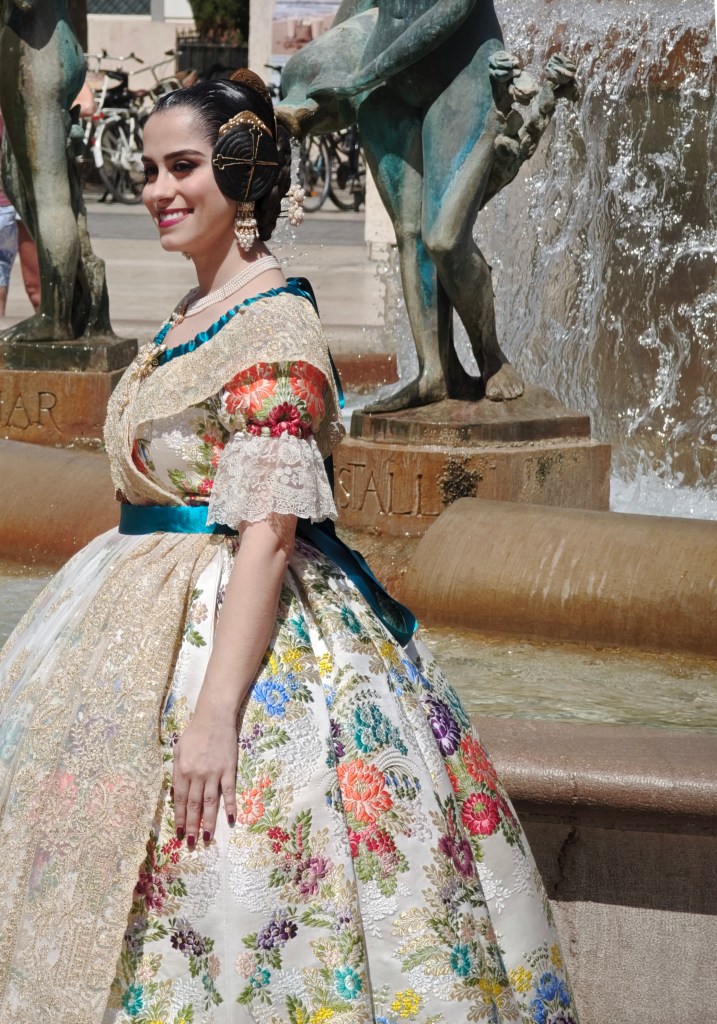
Then, of course, there are the health benefits of being out there with your camera, whether you are walking up hills to practice landscape shooting, or getting lots of steps in every day being a street photographer. Or simply just getting out the house and leaving your stress and worry behind for a couple of hours (photography, done correctly, is a very absorbing and ‘mindful’ activity).
The joys of photographic community
There have never been so many great photographic communities to get involved with, too. Camera clubs have been around for a long time, to be sure, but SOME – I am not saying all – can be off-putting to newcomers as they still put a lot of emphasis on the competitive side of photography. Most have realised that it’s not a darts league, however, and that they need to offer more than the chance to do well in local or regional competitions.
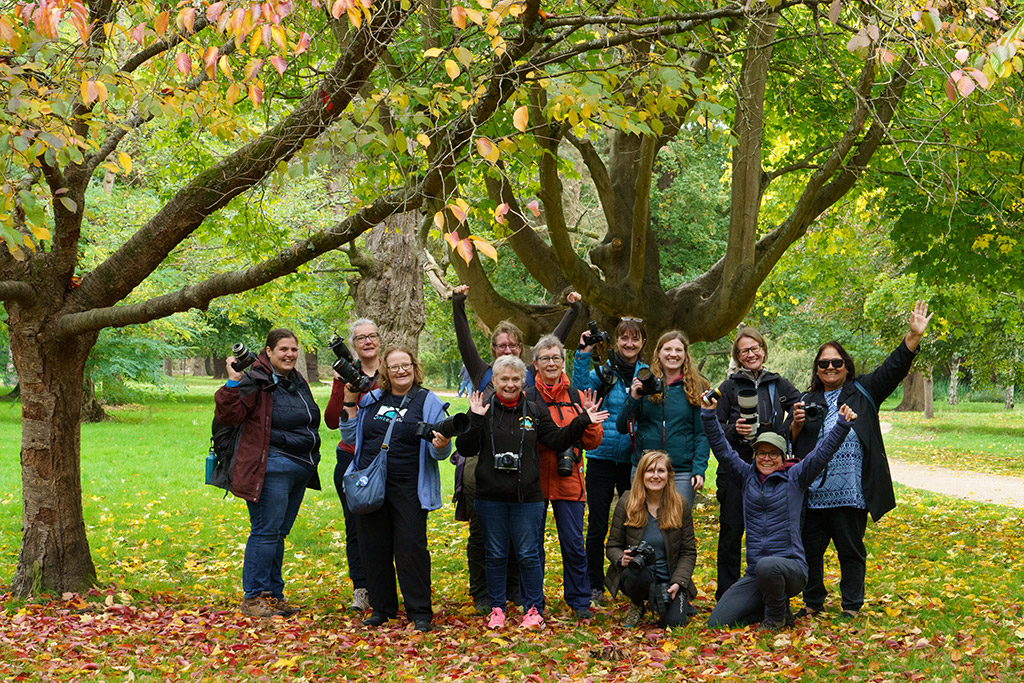
Here at AP, we love to celebrate photographic communities and one of the most successful examples in recent years has been SheClicks, set up by former AP technical editor and current contributor Angela Nicholson. As Angela explained, she wanted to set up a women-only photography group where members could be themselves, without worrying about being shot down my ‘man-splainers,’ or fellas telling them they have the wrong kind of camera or camera settings.
Photographic communities: a virtuous circle
Angela has certainly noticed the many benefits that joining SheClicks brings to members. ‘People come to events and you can see them opening up like a flower… they start off really quietly but quickly join the conversation. They embrace coming to events because they can relax, be themselves, and everybody accepts them. I know somebody in a wheelchair, for example, who can feel marginalised at times but now you will find her leading our wildlife groups like a Pied Piper, with the rest of us following behind!’
As Angela notes, the beauty of being part of a community is that it gives you a chance to share your work – to get it out there in other words, something that can combat the isolation that some lone photographers experience, or the sense of ‘why I am bothering.’ ‘People see your photos, you get nice comments or helpful feedback, and everybody learns something,’ Angela explains.
‘As creative people, we are all looking for some kind of validation, and to become part of a conversation,’ she continues. ‘You end up feeling more positive about your photography. We are also programmed to respond more to negative comments, and this can be particularly hard when it’s on social media, but join a supportive photographic community and you don’t get any of this nonsense.’
There are, of course, a lot more groups out there than just SheClicks, so do tell us about your favourite photographic community, too.
Sometimes, it’s good to be a plodder
To sum up, if you sometimes feel jaded about your photography, wonder why you are bothering when your images never seem to get anywhere, take a competition fail personally or get discouraged by some know-it-all on social media, maybe it’s time to remember there’s a lot more to photography than just selling your images or getting critical plaudits.
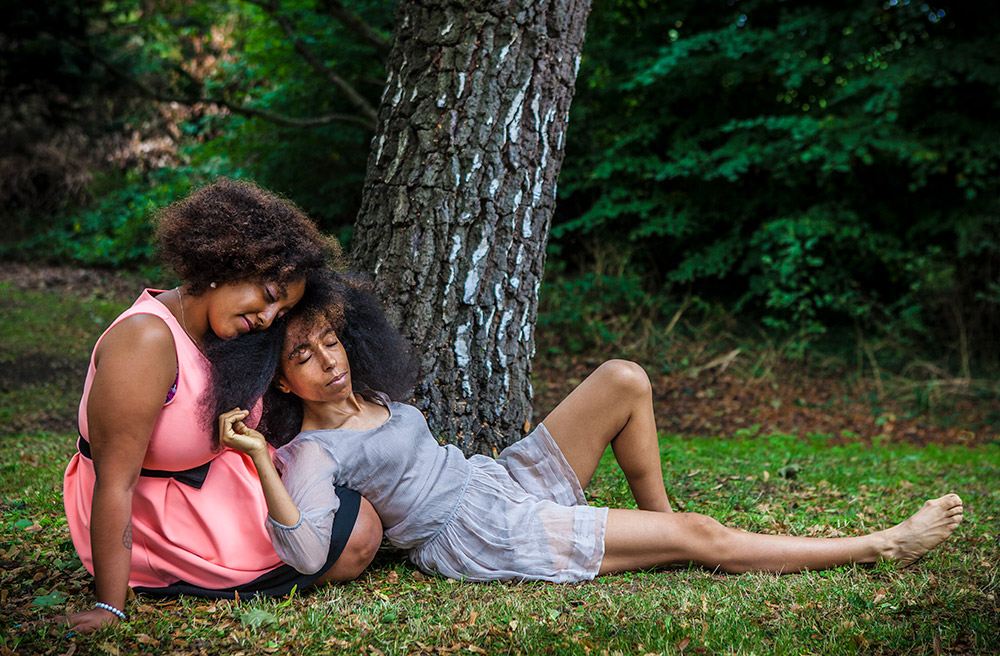
Never assume that even relatively well-known photographers bask in the sunlight of applause and recognition all day, either. I know of one photographer who was pretty successful on paper, appearing regularly in the press and winning medals and competitions. They have given up photography to do something completely different. Let’s hope they continue to take photographs for personal enjoyment, but who knows? Peaking too early can be as bad as never peaking at all.
Indeed, it can sometimes be much more enjoyable being an enthusiast photographer, as you don’t have the pressure of trying to support yourself through your picture-taking, something that is getting harder by the year.
We can’t all be Martin Parr or Annie Leibowitz, and you know what, that’s absolutely fine – it’s not about the camera, how many competitions you’ve won, how many letters you have after your name, or how many pictures you’ve sold. Photography is about much more than that.
Further reading
How photography boosts your mental health: real-life stories

